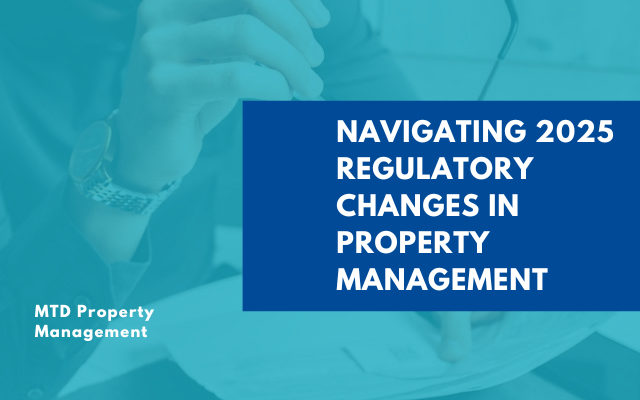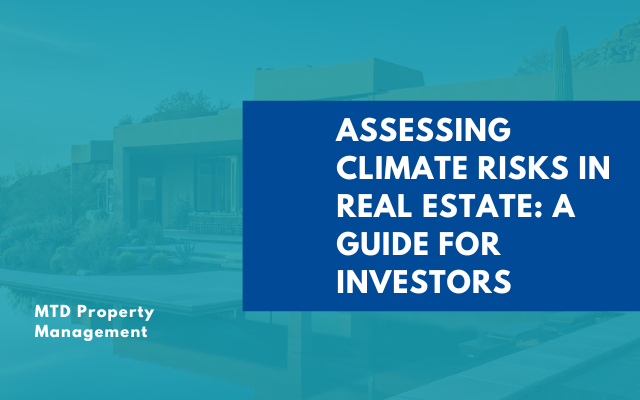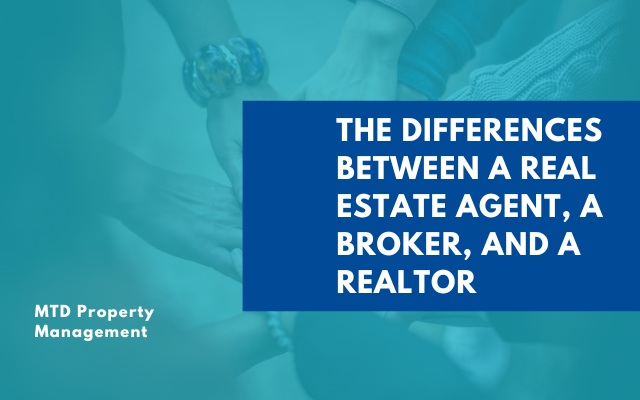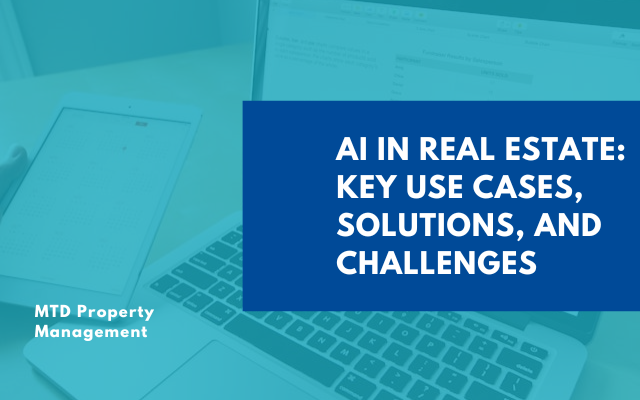Navigating 2025 Regulatory Changes in Property Management

Key Takeaways:
- Proactive Compliance is Essential – Chicago landlords in 2025 face evolving regulations on rent control, resident protections, transparency, and sustainability, making it crucial to update leases, policies, and procedures in advance.
- Transparency Builds Trust – Detailed documentation, clear communication, and upfront fee disclosures not only meet legal requirements but also strengthen landlord-tenant relationships and reduce turnover.
- Sustainability is a Growing Expectation –
Energy efficiency standards and eco-friendly upgrades are becoming part of compliance and can enhance property value while reducing operating costs.
Are you feeling uncertain about how the 2025 regulatory changes might impact your rental business? You’re not alone. With new laws and shifting compliance requirements on the horizon, many landlords are wondering how to stay ahead without getting buried in legal red tape.
The truth is, these changes can affect everything from lease agreements to fair housing practices, and understanding them early is your best defense against future headaches.
That’s why being proactive now is more important than ever. If you own investment property in Chicago,
MTD Property Management is already tracking what matters most so you can stay focused on what you do best: managing your properties with confidence.
Understanding Rent Control Changes in Chicago
Chicago landlords should pay close attention to how rent control discussions are evolving in 2025. While Illinois does not currently have statewide rent control, local debates and proposed ordinances are putting pressure on city and county officials to consider limitations on annual rent increases.
If you’re managing properties in Chicago, it’s smart to stay informed through city council updates and neighborhood forums. Even without formal caps today, new rules might affect how you adjust rent, especially for older multifamily units. The focus is on balancing housing affordability with your ability to cover maintenance and rising operational costs.
Landlords need to review their lease structures and rent adjustment strategies to prepare for any upcoming shifts that may emerge mid-year.
New Resident Protections
This year, Chicago is seeing updates to resident protections that directly affect how landlords handle lease enforcement and non-renewals.

In 2025, enhanced rules are being introduced around notice periods, especially for ending fixed-term leases or increasing rent. You may now need to give a longer heads-up, sometimes up to 90 days, before requesting residents to move out.
Additionally, if your property accepts housing assistance programs, there may be tighter restrictions on screening and income verification to prevent unintentional discrimination. Understanding these rules is essential for avoiding legal issues and fostering a stable rental experience. Take the time to revisit your lease templates and communication policies so everything aligns with the current standards expected across Chicago’s rental landscape.
Transparency Is No Longer Optional
In 2025, Chicago landlords are expected to be more transparent than ever. This includes providing clear, itemized breakdowns for any deductions from a resident’s security deposit, disclosing all non-refundable fees upfront, and communicating changes in lease terms clearly and in writing.
If you’re managing rentals in the city, now is the time to create a clear paper trail of every major interaction, especially around costs or maintenance delays. Being upfront not only helps avoid misunderstandings but also builds long-term trust with your residents. It’s not just about compliance, it’s about strengthening your reputation and reducing turnover.
Preparing for Sustainability Expectations in Chicago Rentals
Sustainability is no longer just a trend; it’s becoming a regulatory expectation. In Chicago, new energy efficiency standards are beginning to influence how landlords maintain and upgrade their properties. These include requirements around efficient lighting, low-flow water fixtures, proper insulation, and even eco-friendly waste management for larger buildings.

While not every measure is mandatory yet, city-backed incentive programs are encouraging landlords to go green. Taking the initiative with environmentally friendly updates can lower utility costs, increase appeal among younger residents, and improve your building’s overall value.
Now is the time to assess your property’s current efficiency and explore grants or rebates that could make upgrades more affordable in the long run.
Smart Moves for a Smoother 2025
Navigating Chicago’s rental regulations doesn’t have to feel overwhelming. By taking practical, proactive steps now, landlords can stay compliant, avoid surprises, and protect their investment properties throughout the year.
Review Your Lease Agreements Carefully
Go through all existing lease templates to ensure they reflect the latest legal requirements in notice periods, rent increases, fee disclosures, and eviction procedures. Update any outdated language or missing clauses.
Stay Connected with Local Ordinance Updates
Make it a habit to check in with city council decisions or landlord-focused legal bulletins. Chicago’s regulatory landscape may change throughout the year, so staying informed is crucial to avoiding penalties.
Train Your Property Team or Vendors
If you work with a maintenance crew, leasing agent, or third-party vendors, ensure they understand the new compliance rules, especially regarding fair housing practices and transparency with residents.
Document Everything
Keep detailed records of resident communications, maintenance requests,
rent changes, and fee explanations. If ever challenged, proper documentation can be your strongest defense.

Schedule a Property Compliance Audit
Walk through your property with a compliance checklist in hand. Check for signage, energy efficiency measures, safety updates, and accessibility requirements that may now be required.
Adopt Transparent Communication Practices
Proactively share policy changes or updates with your residents. Simple, clear communication can prevent misunderstandings and create smoother landlord-resident relationships.
Explore Financial Incentives for Sustainability Upgrades
Look into available rebates or local utility programs in Chicago that reward energy-efficient improvements. These can reduce your long-term expenses while keeping your property ahead of regulation.
Connect with Professionals Like MTD Property Management
Don’t hesitate to lean on local experts who understand Chicago’s housing regulations. Companies like MTD Property Management can offer clarity and guidance that saves you time and avoids costly missteps.
Bottom Line
Navigating new regulations doesn’t have to be overwhelming. With MTD Property Management guiding investors in Chicago, you gain access to expert insight, up-to-date legal awareness, and tailored strategies to protect your rental business.
Whether it’s lease updates, sustainability compliance, or resident communication, they’re ready to help you stay ahead with confidence. Contact
MTD Property Management today to discuss what steps make the most sense for your property and ensure you're well-prepared for everything 2025 brings.









